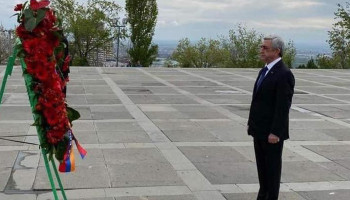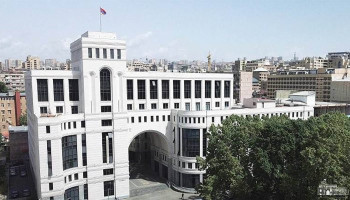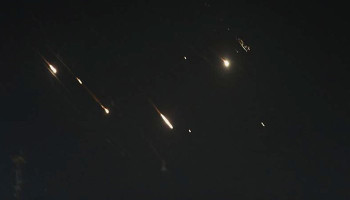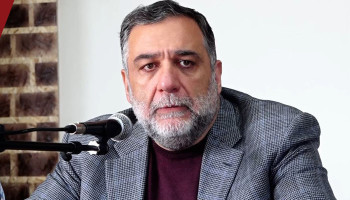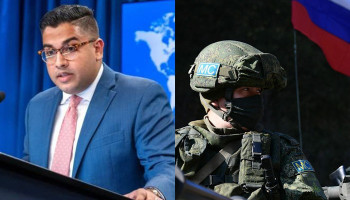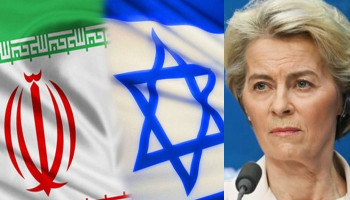Russia Realism in Brussels
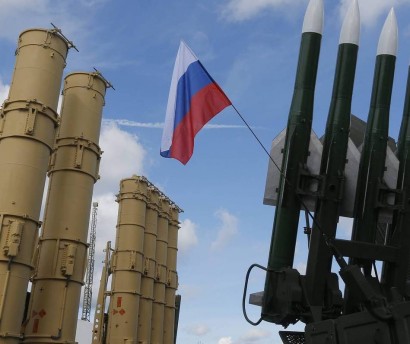 European leaders will gather in Brussels next week to discuss Russia strategy, and one important question will be whether and for how long to renew sanctions on Moscow. Given Vladimir Putin’s behavior in recent days, they have reason to be wary. In September, Russian military jets skirted the airspace of France, Norway, Spain and the U.K., forcing the four countries to scramble jets. The Kremlin has also deployed the nuclear-capable Iskander missile system to Kaliningrad, a Russian exclave between Poland and Lithuania. The guided missiles have a maximum range of 310 miles, meaning Warsaw is within striking distance. The Iskander deployment was followed by a lecture from Kremlin propagandist Dmitry Kiselyov, who on Sunday took to his popular “News of the Week” TV show to warn that “impudent” American policies toward Moscow would have “nuclear implications.” Meanwhile, Russian jets systematically slaughter Syrian civilians in Aleppo, and Russian troops illegally occupy Crimea and eastern Ukraine. The Russian President hopes to use his military leverage in Syria, along with more direct threats of force, to get sanctions relief. Brussels currently imposes economic sanctions tied to Moscow’s refusal to de-escalate the war in eastern Ukraine, sanctions on Russian individuals involved in Russian aggression against Kiev as well as sanctions related to the illegal annexation of Crimea. But the sanctions remain a confusing patchwork with different legal bases and time lines. Economic sanctions expire in January, the individual black list ends in March and the Crimea sanctions in June. Renewing each set of sanctions is never guaranteed, since member states waver in response to domestic political and commercial pressures. So far EU unity has held, but Germany and France have general elections next year, and Russia sanctions have turned into a political football in both countries. The better way would be for the EU to impose one cohesive set of sanctions, renewable in a year, in response to Russian aggression across the geopolitical board. That would remove the sanctions from domestic quarrels, and would also mean EU sanctions are more harmonized with those imposed by the U.S. Simplicity is never one of Brussels’s virtues, but perhaps the high stakes will concentrate European minds. |











